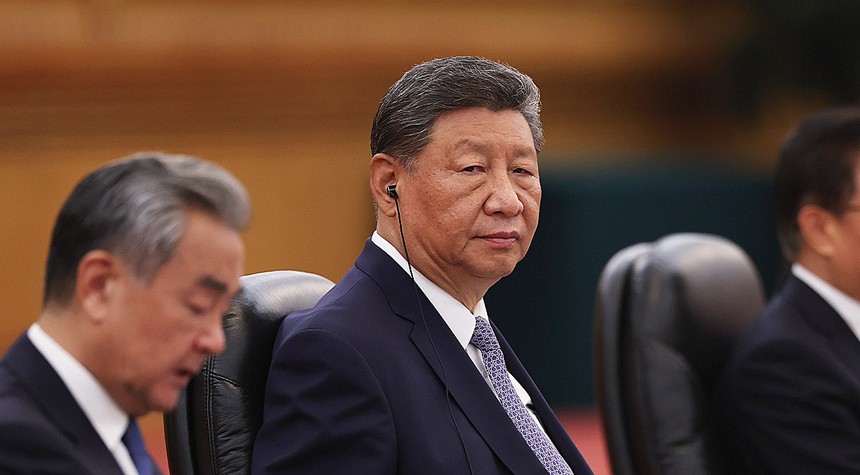In the latest escalation of cyber warfare between global superpowers, Chinese authorities have accused the United States National Security Agency of conducting a sophisticated hack against Beijing’s national time service – a critical infrastructure component that undergirds China’s telecommunications, financial systems, and military operations.
The facts are clear: China’s Ministry of State Security alleges that beginning in 2022, NSA operatives exploited vulnerabilities in text messaging systems to compromise employee devices at the National Time Service Center. This initial breach reportedly enabled access to secure servers where the attackers deployed an arsenal of 42 specialized cyber weapons.
Let’s break this down logically. If these allegations prove accurate, this represents a masterful strategic move against a critical Chinese asset. The national time service isn’t just about knowing when to wake up – it’s the backbone of encrypted communications, banking transactions, and military coordination. By potentially gaining control over China’s official time infrastructure, the US would have achieved remarkable leverage over our primary geopolitical rival.
The technical sophistication described in Beijing’s report is noteworthy. The attackers allegedly forged digital certificates, circumvented antivirus protections, and employed advanced encryption to mask their activities. These are hallmarks of a state-level cyber operation, not amateur hackers.
Here’s what matters: For years, conservative voices have advocated for a more aggressive stance against Chinese cyber operations. While the left wrings its hands over diplomatic niceties, China has consistently penetrated American networks, stealing intellectual property and compromising critical infrastructure. If these allegations are true, it would demonstrate that the US is finally taking the necessary offensive measures to counter Chinese cyber aggression.
The NSA has issued a standard neither-confirm-nor-deny response, stating only that they remain focused on defending American interests against foreign threats. Meanwhile, the US Embassy in Beijing emphasized that China remains “the most active and persistent cyber threat” to American government and private sector networks.
Let’s be perfectly clear – China’s complaints about “cyber hegemony” ring hollow given their documented history of aggressive cyber operations against American targets. From the Microsoft SharePoint breach to Operation Salt Typhoon, Chinese state-backed hackers have repeatedly demonstrated their willingness to target US infrastructure.
The bottom line is this: While the diplomatic establishment frets about escalation, this alleged operation demonstrates exactly the kind of decisive action needed to counter Chinese cyber aggression. In the digital age, defensive measures alone are insufficient. America must be willing to impose costs on our adversaries who seek to compromise our security through cyber means.
This incident serves as a powerful reminder that the US-China conflict extends far beyond trade disputes and military posturing. The digital battlefield may prove to be the most crucial arena in this great power competition.
Related: Maritime Strike Sparks Diplomatic Crisis Between US and Colombia

